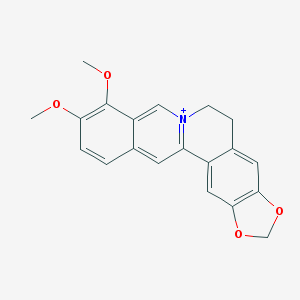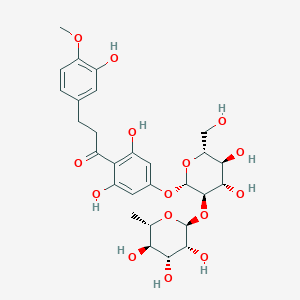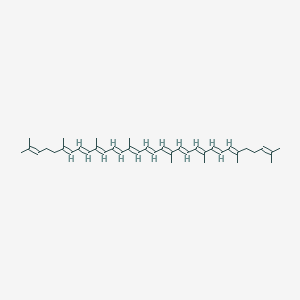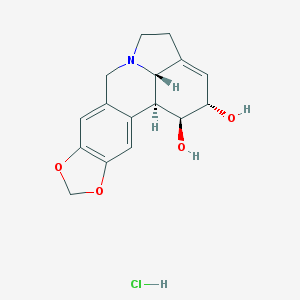Description
Berberine is a chemical compound found in several plants, including the group of shrubs called Berberis. Traditionally, it has been used in Chinese and Ayurvedic medicine for centuries. The bright yellow compound is often extracted from the roots, stem bark, and rhizomes of the plants.
Functions and Mechanisms of Action:
Berberine has multiple cellular targets and functions by various mechanisms, such as:
- Adenosine Monophosphate-Activated Protein Kinase (AMPK) Activation: Berberine activates AMPK, an enzyme that plays a role in cellular energy homeostasis. This is significant for metabolism regulation, potentially affecting factors like weight loss, diabetes management, and energy balance.
- Effects on Metabolic Pathways: It influences glucose and lipid metabolism, making it relevant for managing conditions like diabetes and high cholesterol.
- Modulation of Microbial Flora: It has antimicrobial properties that can alter gut flora, which is crucial for digestive health and may have a wider impact on overall health.
- Regulation of Neurotransmitters: Berberine can influence the synthesis and breakdown of neurotransmitters, affecting mood and neurological function.
Applications:
- Diabetes Management: It is often used to improve insulin sensitivity and lower blood sugar levels in people with type 2 diabetes.
- Cholesterol Control: Berberine may help reduce total cholesterol levels, particularly LDL (“bad”) cholesterol, and triglycerides.
- Hypertension: It may aid in blood pressure reduction, which is beneficial for cardiovascular health.
- Gastrointestinal Issues: Due to its antimicrobial activity, it’s used to treat certain digestive problems, including bacterial diarrhea and intestinal infections.
- Weight Management: Some studies suggest that berberine can aid in weight loss by improving the function of fat-regulating hormones like insulin, leptin, and adiponectin.
Benefits:
- Anti-Inflammatory: It has been shown to have anti-inflammatory properties, which is beneficial in reducing the risk of several chronic diseases.
- Antioxidant: It possesses antioxidant properties, which help in protecting cells from oxidative stress and damage.
- Cardiovascular Health: By managing lipid levels and hypertension, berberine can contribute to overall cardiovascular health.
- Antimicrobial: It can help in fighting infections, especially gastrointestinal infections caused by bacteria.
- Mental Health: Some evidence suggests it may have neuroprotective effects and could be beneficial for mental health conditions like depression, though more research is needed in this area.





